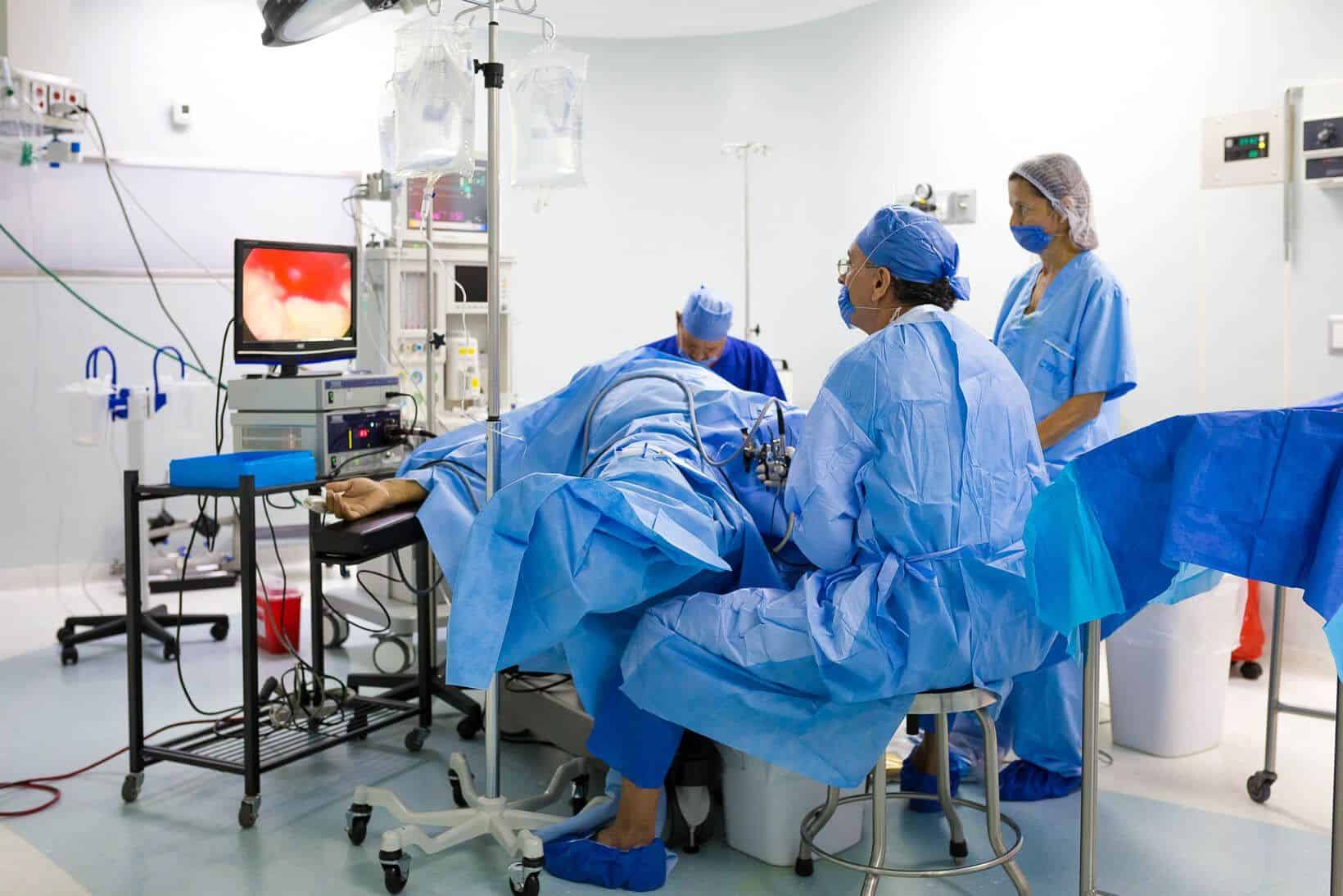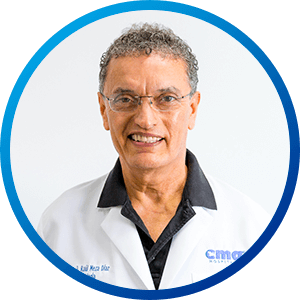Most men will develop Benign Prostatic Hyperplasia by the time they reach 60 years of age
First, what is Benign Prostatic Hyperplasia?
Benign Prostatic Hyperplasia or BPH is the enlargement of the prostate gland. The prostate gland is located beneath a man’s bladder, and it’s in charge of producing, storing, and discharging semen during ejaculation. In men over forty years of age, the prostate gland will grow at different rates. Thus, it’s common to find different prostate sizes in this age group, ranging from small to medium and large ones. Consequently, it’s worth noting that this condition is not always an illness, as most men over 60 years old will develop Benign Prostatic Hyperplasia (enlarged prostate). Frequently, it’s just part of the natural aging process of men and something that’s inevitable due to changes in testosterone levels.

What are the types of Benign Prostatic Hyperplasia?
Non-obstructive and non-cancerous prostatic hyperplasia
This type of Benign Prostatic Hyperplasia does not require medical treatment. In this case, men over forty years of age must be check by a Urology Specialist once a year. On these general check-ups, your urologist will only monitor prostate growth.
Obstructive prostatic hyperplasia
Obstructive prostatic hyperplasia is another type of BPH. This condition develops when the urinary tract has an obstruction due to an enlarged prostate. An enlarged prostate blocks and disrupts urine flow, so you may feel some pain while urinating. Obstructive prostatic hyperplasia requires medical and/or surgical treatment. However, the treatment will depend on the symptoms you experience and your prostate size.
What are the symptoms of Obstructive Prostatic Hyperplasia?
The most common symptoms of this illness are the frequent need to urinate and a weak urine stream. Other common symptoms are difficulty starting urination, and an increase in the frequency of urination during the night.
How is Obstructive Prostatic Hyperplasia diagnose?
To diagnose Obstructive Prostatic Hyperplasia, your doctor will evaluate your symptoms and order a bladder ultrasound to measure urine flow rate. Once Obstructive Prostatic Hyperplasia is diagnosed, it’s important to know the complications that may arise from this condition. The most common complications are:
- Urinary tract infections
- Bleeding in urine
- Bladder stones
- Kidney failure
- Urinary retention
If you have Obstructive Prostatic Hyperplasia you will need surgery. During this prostatic procedure, your urologist will extract the oversized prostate tissue that’s blocking the urine flow.
The Relationship between Obstructive Prostatic Hyperplasia and Prostate Cancer
Some men over forty years of age who are diagnosed with Obstructive Prostatic Hyperplasia might also develop Prostate Cancer. According to the World Health Organization (WHO), Prostate Cancer is the second most common illness and the most prevalent cancer among men. Early detection of Prostate Cancer is important, as it will give your doctor the opportunity to prescribe a proper treatment which can lead to a cure or long-term survival.
How Do I know if I have Prostate Cancer?
Prostate Cancer does not usually cause any symptoms until the cancer has grown and it’s in its late stages. During the late stages of Prostate Cancer, the tumor can grow so large that will put pressure on the tube that carries urine from the bladder out of the penis. However, some early symptoms of Prostate Cancer you need to keep in mind are:
- The need to pee more frequently and often during the night.
- Needing to rush to the toilet.
- Difficulty in starting to pee.
- Straining or taking a long time while peeing.
- Weak urine flow.
Detection of Prostate Cancer happens through a lab test called PSA, or Prostate-Specific Antigen. However, in some cases, Prostate Cancer can be detected by rectal examination. Once there is evidence of Prostate Cancer, a prostate biopsy needs to be performed to confirm and have a definitive diagnosis.
As you get older, the prostate may enlarge and begin to cause problems. Some problems related to the prostate go from a mild urine infection to a more severe problem like Prostate Cancer. Therefore, your urologist may request a Prostate Screening Test. Find out here everything you need to know about your first Prostate Cancer Screening Test.
Treatment of prostate cancer
Prostate Cancer has four stages (stage 1, stage 2, stage 3, stage 4). Consequently, a patient’s treatment will depend on the stage in which Prostate Cancer is diagnosed. It’s important to note that, when early Prostate Cancer detection is achieved (during stage 1 or 2), it can be cured. When Prostate Cancer is in stages 3 or 4, specialists can control it. However, a stage 4 Prostate Cancer sometimes needs surgical procedures and medical treatments. Nevertheless, regardless of its stage, adequate and professional prostate cancer treatment is essential for achieving superior results.

Let’s not forget that Benign Prostatic Hyperplasia is part of a grown men’s lives and the aging process. Two of its main complications, obstructive prostatic hyperplasia, and prostate cancer, can be effectively treated with a timely diagnosis and adequate medical treatment from a Urology Specialist.
Remember: the most common diagnosis made by Urologists for men in the 45 to 74 age group is Benign Prostatic Hyperplasia (BPH).
Visiting your Urology Specialist once a year is a good and simple health practice that will give you peace of mind and excellent quality of life for years to come.
Make your appointment with Dr. Raul Meza, MD. Urology Specialist
Office Location 1: Hospital CMQ Premiere, Tel. (322) 226-6500
Office Location 2: Hospital CMQ City Center, Tel. (322) 223-1919
Office Location 3: Hospital CMQ Riviera Nayarit, Tel. (329) 298-0717




